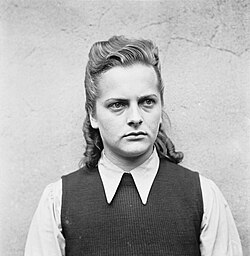This article includes a list of general references, but it lacks sufficient corresponding inline citations .(January 2026) |

This is a list of people who died as a result of hanging , including suicides and judicial, extrajudicial, or summary executions. These deaths are notable due to history or due to media exposure.






















